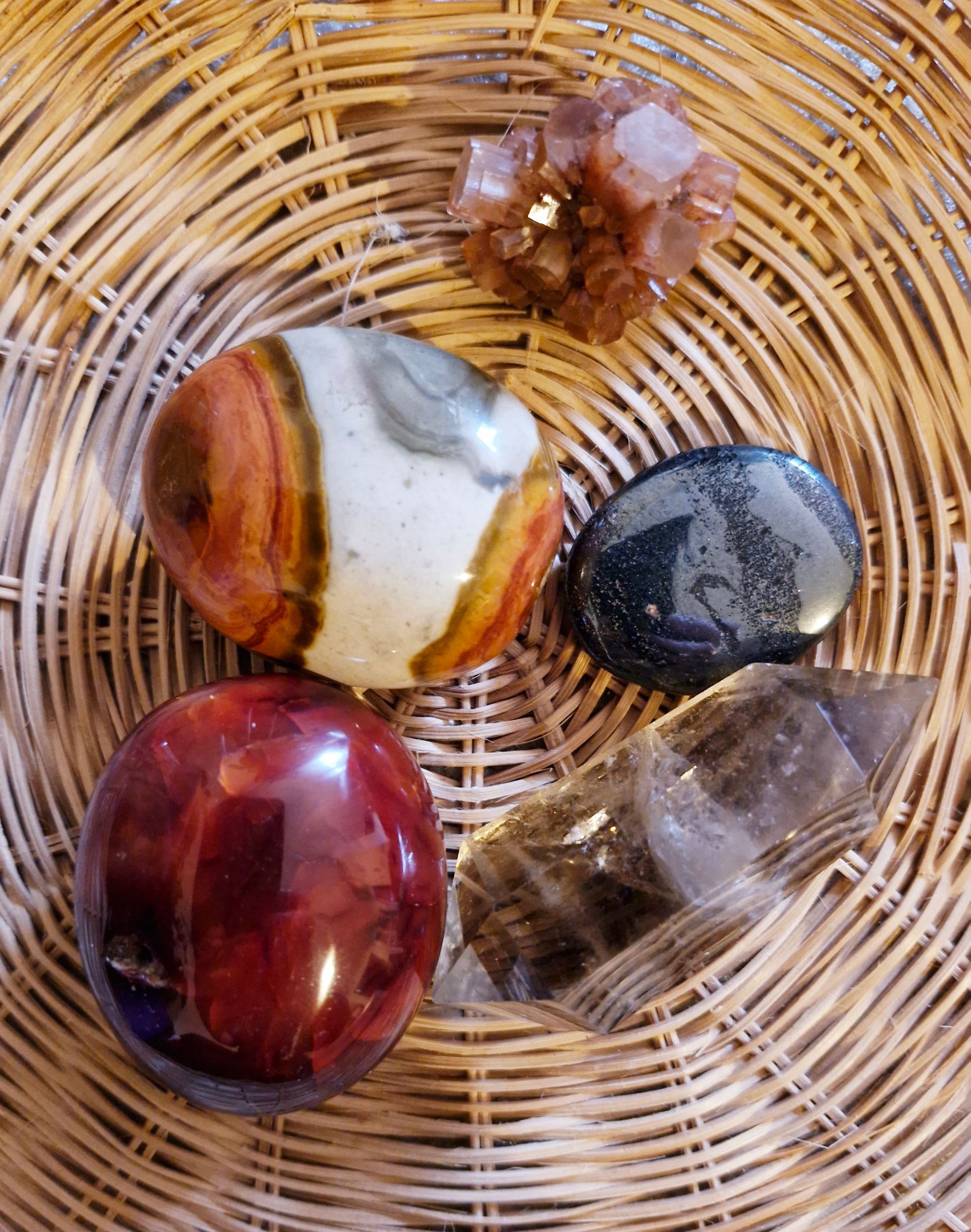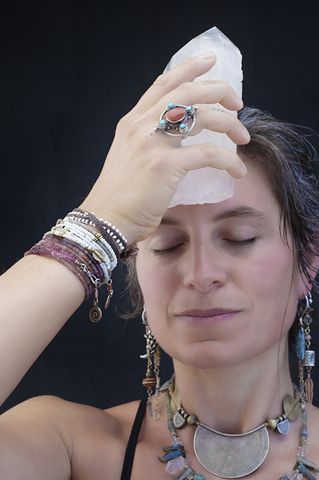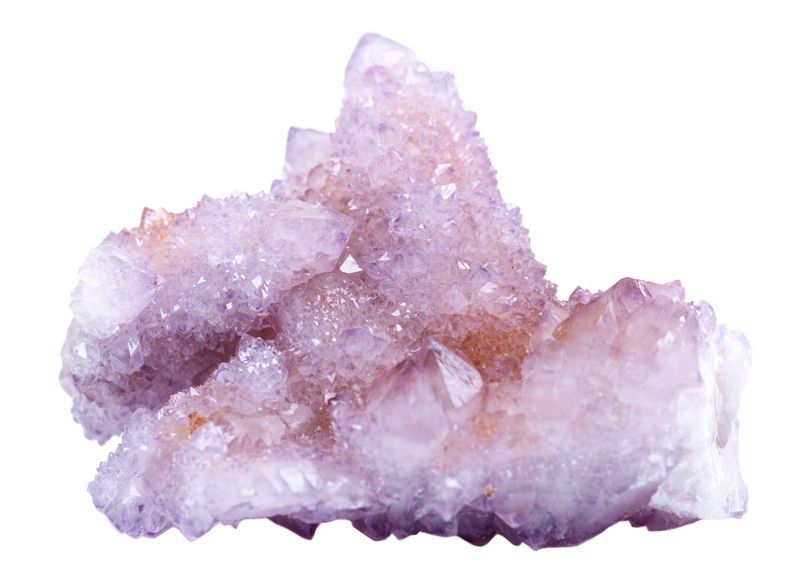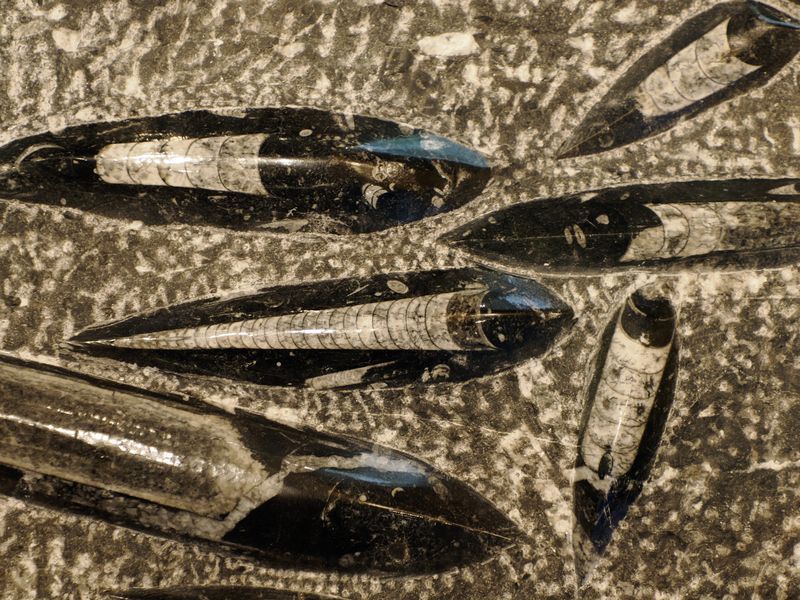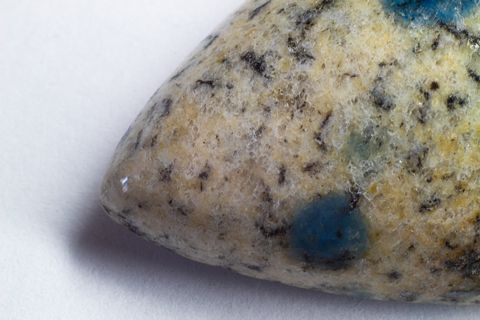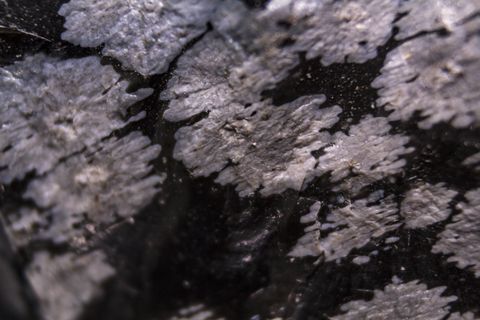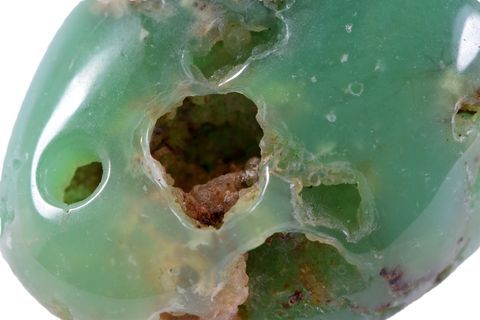Healing with Kaye Oakley
Your mindfulness needs heartfulness
Mindfulness is great, but it's not the whole story
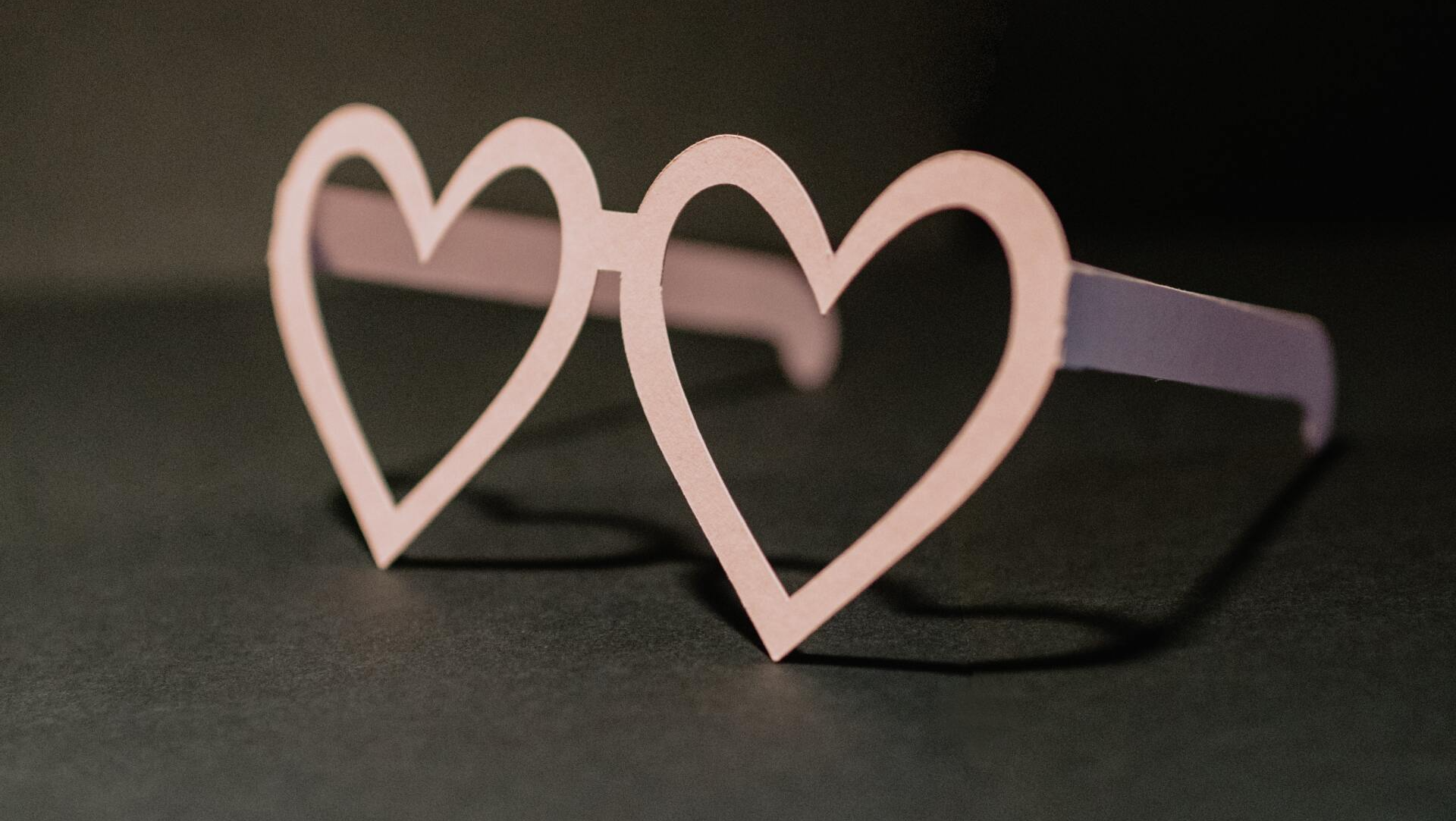
Mindfulness is fairly well known as a great tool to help us to stay calm, grounded and on an even keel. Over 5,000 research papers have been published in the peer-reviewed literature on how mindfulness can be useful for a huge variety of conditions and situations from chronic pain, depression and anxiety, eating disorders, loneliness in the elderly, and even fear of COVID.
But in the wisdom traditions from which it was drawn, mindfulness is not used in isolation. It’s seen as being a very useful tool to have in your kit, but not the entire toolkit.
Self-esteem only takes you so far
Another popular and well-known tool or concept for mental health and wellbeing is the concept of self-esteem. Self esteem is how you see yourself – when we don’t think much of ourselves, we’re unlikely to treat ourselves well, or to trust people who do.
Having a good opinion of ourselves is great – but what about when things go wrong? We can’t be perfect all the time, and there are times when we genuinely do mess up, when we make mistakes, when we don’t live up to our own values or standards. Self-esteem can feel like a bit of a brittle concept when we life knocks us up against the walls of our own vulnerabilities, imperfections and flaws.
So what can help? Heartfulness!
What is heartfulness?
Heartfulness is a term I’m using to describe a bunch of concepts from Buddhist traditions including loving-kindness, compassion and self-compassion.
But what do those terms actually mean?
Buddhist teacher Jack Kornfield describes loving-kindness as “seeing the original innocence, dignity, and beauty of another”. Compassion can be seen as a deep awareness of suffering that others are experiencing, accompanied by a deep wish to be part of relieving it.
Self-compassion includes it all
One of the best-known researchers into the importance of self-compassion is Dr Kristin Neff. She describes it as involving the same feelings of compassion towards another, but focused in on ourselves. In her definition, it involves three elements:
· Mindfulness;
· Common humanity; and
· Self-kindness
So it involves mindfulness, compassion and loving-kindness – but all turned towards ourselves.
Self-compassion may be more useful than self-esteem because it can’t be battered by our flaws, failings and imperfections – on the contrary, an awareness of these things gives us more to turn towards by giving us a greater understanding of our own suffering, and how we’re just like every other person who has ever gone through the same thing and is deserving of our kindness and compassion.
And research is suggesting that self-compassion doesn’t just feel good, it can improve our resilience to stress and even trauma.
So how do we cultivate self-compassion?
This might sound like a big project, but we can start on our journey to self-compassion in some simple, practical ways.
Look at yourself through the eyes of a friend: We can start to cultivate self-compassion by looking at how we talk to ourselves. If we really sit down and think about it, many of us realise that if we spoke to a friend the way we speak to ourselves …. well, they wouldn’t be our friend anymore!
So start to notice how you’re talking to yourself. If it’s overly critical, you might ask yourself – how would someone who really cared about me see this? Can I play around with seeing things that way too?
Meet “failure” with kindness: When we don’t live up to our own expectations, we can remind ourselves that we don’t have to be perfect to be valuable. Do you know any perfect people, or people who haven’t ever made a mistake? I suspect not (and if you did, they’d probably be really annoying anyway). Learning to treat ourselves with gentleness when we’re our inevitably flawed, human selves is a great way to start to feel greater compassion for ourselves (and others too).
Treat yourself as though you matter: What does your day look like? Is it full of things you “should” do, putting yourself last? What can you bring into your day to treat yourself as though you are important and worth caring for? This doesn’t have to be a week at a yoga retreat, it can start with something as simple as putting in time to prepare a nutritious lunch for yourself. Without creating extra stress for yourself, can you think of small ways take care of yourself a bit better? Each time you take an action – no matter how small – that shows yourself that you are important and worth your own time and energy, you’re learning how to exercise greater self-compassion.
Practice! If you like to meditate, or are interested in self-compassion as part of your spiritual practice, a quick internet search on topics like “self-compassion meditation” or “loving-kindness meditation” will show you that this is a rich area of meditation practice in a range of traditions. Alternatively, get in touch, and we can work with you to create a practice that works for you.
Want to know more?
Building your self-compassion muscles is a great way to support yourself to improved well-being and resilience. For more ideas on how to bring it into your life, click here to get a free self-compassion mini-guide.
How do you bring self-compassion into your life? And what has it brought you?
I hope you find these ideas useful and that they help you to treat yourself as the unique and precious being that you are.

